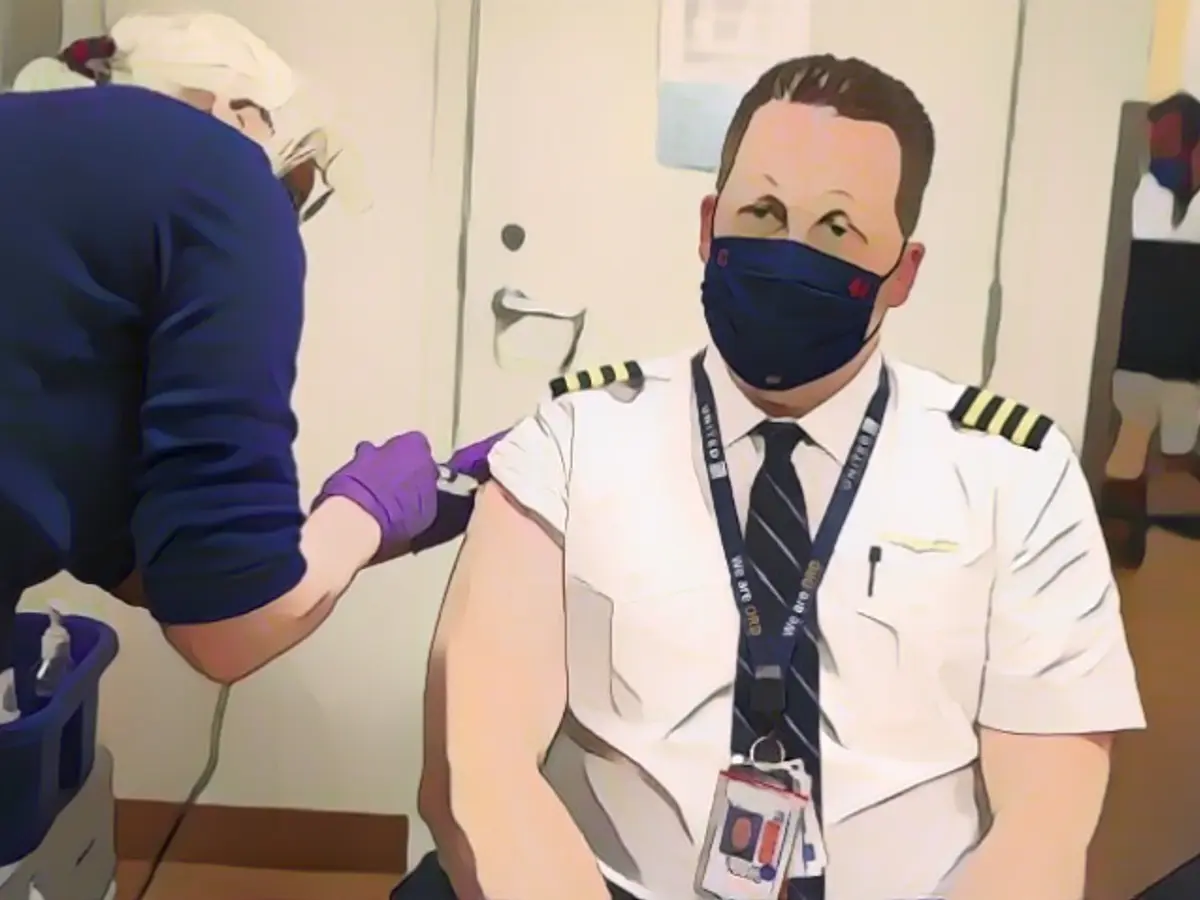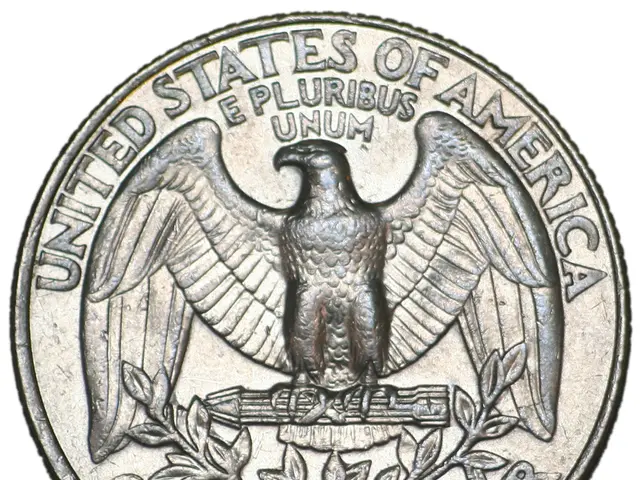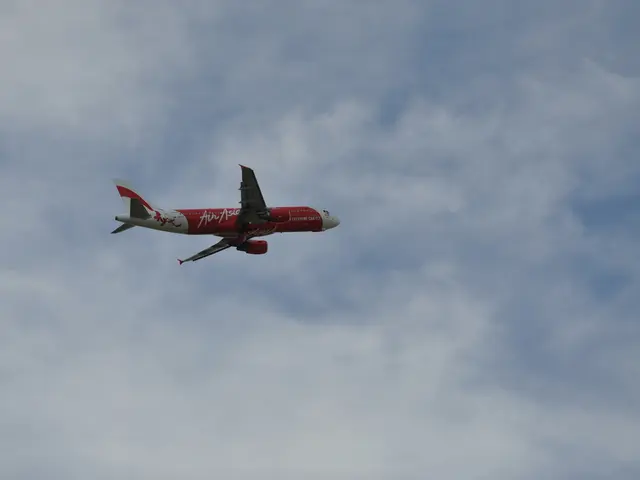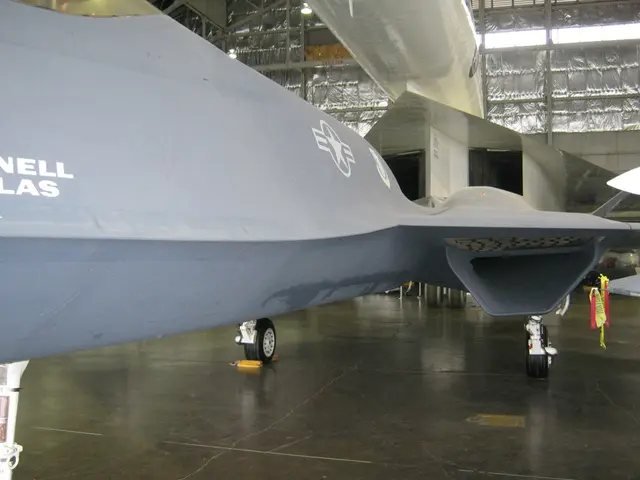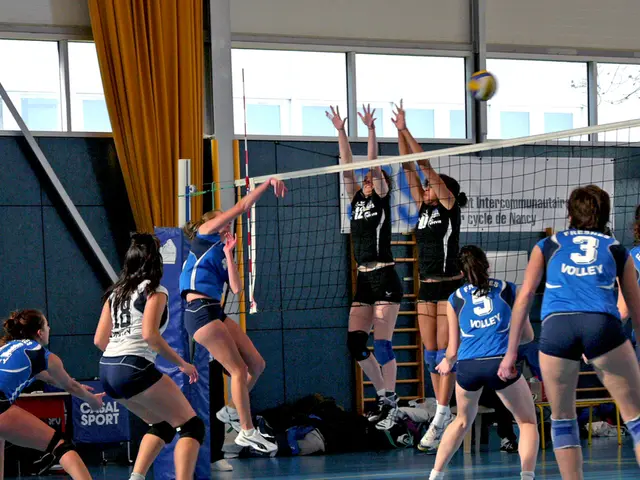United's Workforce and Vaccinations: Breaking Down the Stats
Approximately 2,000 United Airlines employees have requested medical or religious exemptions from the company's vaccination mandate – a figure representing a tiny fraction of the workforce (just under 3%). Meanwhile, United is still evaluating these cases.
The primary driving force behind United's vaccination requirement is worker safety. As Scott Kirby, the CEO of United, wrote in a letter to the company's employees, "If everyone is vaccinated and vaccine protocols are effective, everyone is safer."
The letter was also disseminated to the media.
It's important to mention that some employees who haven't yet complied with the regulations can continue working with United, as long as they are either in close contact with vaccinated individuals or have begun their immunization process (without providing proof).
There's a common concern that mandatory vaccinations could lead some people to quit their jobs in an already tough labor market. However, the job openings at United, which are mostly covered by collective bargaining agreements, seem to be appealing enough to even attract unvaccinated recruits.
Covid-19 cases and fatalities have spiked significantly this summer, more so among unvaccinated individuals. This has boosted support for employer regulations. Based on a CNN poll in August, 54% of respondents are in favor of employers requiring vaccinations, against 46% in April.
Like all airlines, United trimmed staff during the downturn in 2020 as air travel plummeted. Now, the airlines are hiring employees to adapt to the industry's recovery. United staff members reported some qualified candidates had actively sought employment at the airline, citing the company's commitment to worker safety and the mandatory vaccination rules.
United Airlines has some of the strictest vaccination guidelines among US employers. The Biden administration announced a nationwide mandate that affects most companies with at least 100 employees, providing employees with options to either get vaccinated or undergo weekly coronavirus testing. United offers no other testing alternatives for its employees.
United's primary union hasn't publicly expressed opposition to the company's vaccination mandate. However, the Pilot's Union - which represents pilots at American Airlines and Southwest Airlines - voiced its reservations about the federal mandates, fearing it could subsequently require pilots to get vaccinated.
The United Pilots Association argued that a vaccination mandate could exacerbate pilot shortages and pose significant operational problems for American Airlines and its competitors during the busy holiday travel season. They warned that the airlines would be forced to offer unpaid leave or, worse still, mass terminations of unvaccinated pilots.
However, the federal regulations only request that employers implement either vaccination or weekly coronavirus testing policies, while allowing companies to opt for stricter guidelines if they so choose.
The other major US airlines - American Airlines (AAL), Delta Air Lines (DAL), and Southwest Airlines (LUV) – have not yet authorized vaccinations, despite Delta sharing financial implications for unvaccinated employees. Both the American Airlines and Southwest Airlines pilot unions have raised concerns concerning work conditions unrelated to the vaccine in recent months. Neither union has signaled an intention to stage a strike but have scheduled informational sessions against the airlines this year.
United initially planned to categorize employees who requested medical exemptions as sick, which would potentially affect their compensation. The company also intended to offer unpaid leave to those whose religious exemption requests were granted and whose applications were rejected. However, those with denied applications would be facing termination.
Six United employees have recently filed a federal lawsuit against the company for the vaccination requirement. In response, United has decided to delay its plans for employees with approved exemptions until at least October 15th, while placing employees with rejected requests on leave and terminating those whose exemptions were denied.
It's crucial to emphasize that United is a strong advocate for company-wide vaccination rules but opposes the notion of compelling passengers to provide vaccination proof before flying.
Kirby commented on the potential of travel vaccination requirements earlier in the month, stating, "I don't think that travel [mandates] will significantly increase vaccination rates." He added, "The employer mandate, however, I believe will significantly increase vaccination rates." "Substantially." "Markedly." He expressed concern that the passenger mandate "might produce tension on airports, subways, and in other public settings."
- – Contributions from Pete Muntean and Gregory Wallace of CNN.
Also check out:
Enrichment Data: The article does not offer specific information on the exact number of United Airlines workers who were granted or denied medical or religious exemptions from the company's COVID-19 vaccination requirement. Additionally, there is no clear information regarding the specifics of United Airlines' stance on enforcing these exemptions.
However, it's noteworthy that other contexts, such as military service and refugee health protocols, have had debate and policy changes around COVID-19 vaccination mandates (as seen in the sources provided). For more details on United Airlines' policies, you should refer to the company's official communications or press releases.
